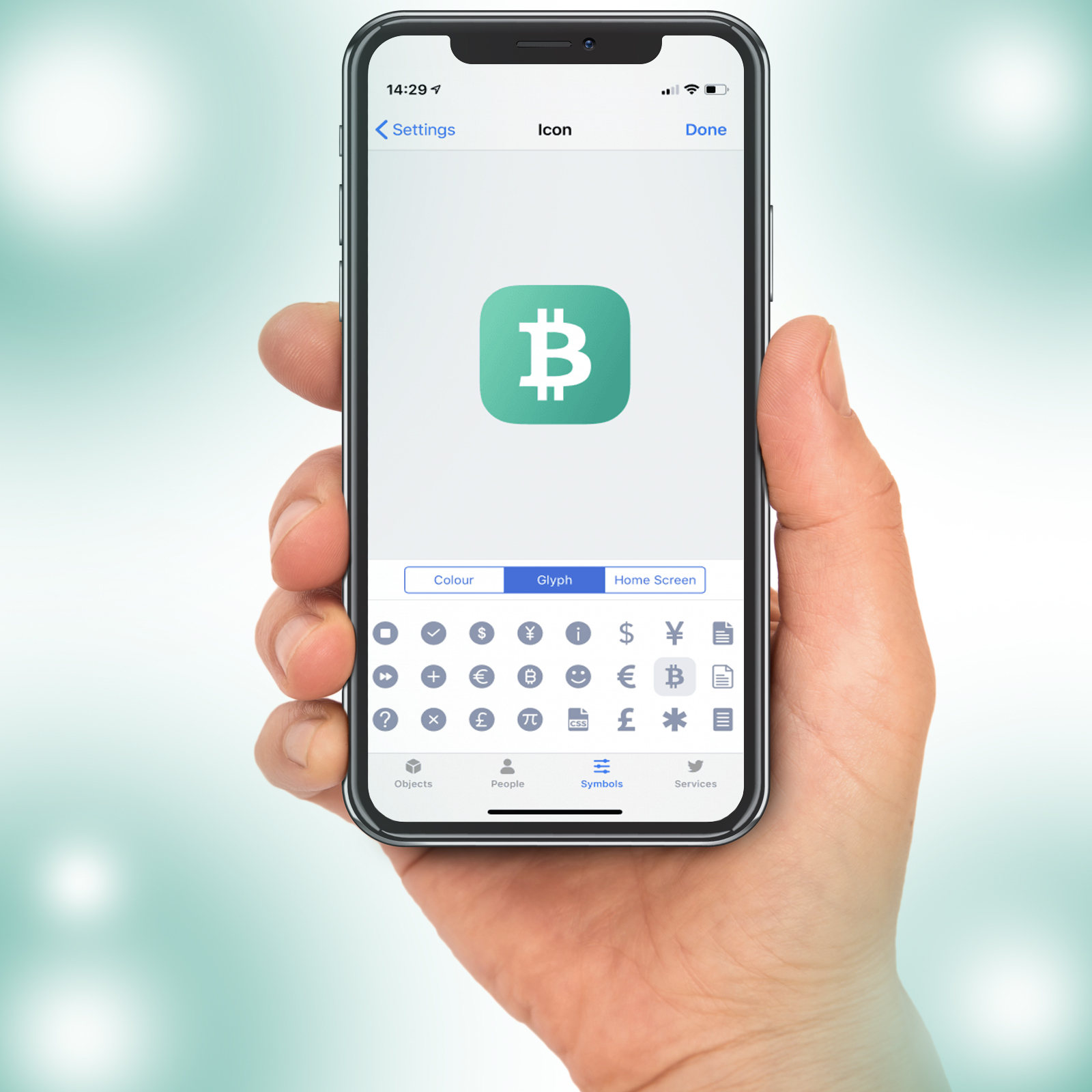Three days after announcing it was launching services in Argentina, the Lightning Network-powered app Strike is only supporting Tether’s USDT stablecoin in the country.
Argentine users have complained the app will not allow them to buy, sell or hold bitcoin as Strike users in other countries can. The company made no mention of supporting only Tether at the time of its Tuesday launch announcement.
In a tweet Strike trumpeted the move into Argentina with CEO and founder Jack Mallers promising “a superior financial experience,” adding that Strike would “use the world’s open monetary network, #Bitcoin, to give hope to the people of Argentina.”
Strike’s push into Argentina is part of a wider initiative to expand into Latin America. The company said in its announcement that users would be able to make remittance payments, receive bitcoin tips on Twitter and use Strike’s peer-to-peer transaction services.
Strike did not respond to CoinDesk’s requests for information about the use of tether (USDT) on its platform in Argentina. At the time of publication, the company had also not addressed user complaints on its Twitter account or website.
One Argentinian user, Nicolás, told CoinDesk the app can receive bitcoin payments but immediately converts the cryptocurrency to USDT. He said the Strike wallet only holds USDT. Another Strike user in Argentina, Adam, tweeted that the app was “a disappointment,” describing the app as a custodial wallet that works only with tether under Ethereum’s ERC-20 standard.
Al final la versión argentina de Strike resultó ser una decepción.
Wallet custodial de USDT ERC-20. Los tips que se envían vía Lightning Network ser reciben como USDT y solo se pueden enviar a otro usuario o retirar a una dirección de Ethereum. https://t.co/5P9l1O1QPR
— Adam Du฿ ⚡️ (@dubdam) January 12, 2022
Adam wrote the app has on- and off-ramps that allow users to connect to the cryptocurrency, such as sending USDT and then receiving bitcoin via the Lightning Network.
Nicolás said that he was able to send funds from his Strike wallet to an exchange in Argentina, after which he received bitcoin.
Responding to Nicolás, Luis David Esparragoza, a journalist for Spanish-language media Criptonoticias, said that Strike sends tether, not bitcoin, to Bittrex, a crypto exchange that holds and transfers Strike’s funds.
No mandaste #Bitcoin, le mandaste USDT a @BittrexExchange y ellos enviaron los bitcoins.
Penoso no tener la custodia y manejo de #BTC
— Luis David Esparragoza (@criptoluis) January 12, 2022








